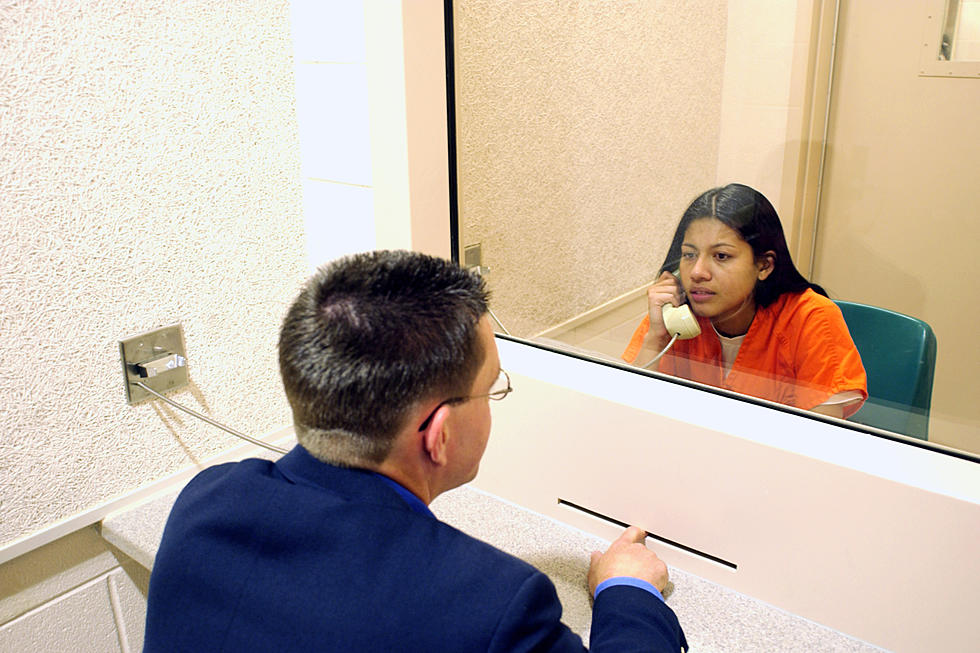
Providing better health care for NJ’s incarcerated women
One of the main focuses of the Health Committee on the Commission on Reentry Services for incarcerated women in New Jersey is to provide better health care to female prisoners.
One of the biggest hurdles to address is women feeling embarrassed to talk about their time in prison with their health care providers and health care providers failing to bring the topic up.
Dr. Gloria Bachmann, associate dean of Women's Health at Rutgers Robert Wood Johnson Medical School and director of the Women's Health Institute, has been an advocate of making this issue a part of the routine history and physical for all individuals.
When an incarcerated female visits a physician, the physician should ask if they've ever been incarcerated so it's part of routine questioning and not something the woman has to bring up herself.
She said the Women's Health Institute has been asked to address the physical and mental health care needs for these women who either are incarcerated, about to reenter society or have already reentered society.
Bachmann said another issue that needs to be addressed is that the healthcare needs of an incarcerated female are much more extensive than those women living in the community.
She said a recent survey of more than 1,000 recently released women found that 9 in 10 suffered from diagnosed health conditions requiring active treatment and management.
Two-thirds of those women reported having being diagnosed with a chronic illness such as asthma, diabetes and hepatitis.
"We're looking at more intense evaluation of one's mental health and illness. We're looking at screening for obesity and inactivity that occurs if you can't move around as freely as you'd like," Bachmann said.
Women in the community who suffers from a chronic disease can see any clinician of their liking or freely go to an urgent care for help. However, Bachmann said imprisoned women tend to put up with the symptoms, no matter how painful because that may not be their top priority and there may not be clinicians immediately available for them to see.
The commission is promoting a more extensive wellness and intervention program, she added.
Since prisons have been set up mostly for men, many do not take into account issues like pregnancy, breast cancer or even the quality and quantity of hygiene products given to female prisoners, Bachmann said.
In addition, more than 60% of women in state prisons have a child under 18, so the commission needs to look at how childbirth occurs for female inmates and the amount of bonding time allowed between mother and baby while behind bars.
The Journal of Perinatal Medicine published a study that Bachmann led on pregnancy in incarcerated women, which shows more legislation is needed that sets the templates for standards of obstetrical care for women, including maternal health and mother-baby units.
Attention to incarcerated women's health care is being brought through research and engaging many undergrad, grad and medical students at Rutgers in this work, she said.
Bachmann said the journal allows anyone who either has experienced incarceration or who is a supporter of improving the lives of those incarcerated, then re-entered into society, to express their feelings, ideas and hopes.
Someone can write an essay about their own feelings but they don't have to attach their name to the essay. Women also don't need a computer if they don't have access to one. The commission will accept handwritten journal entries about their hopes and feelings.
Bachmann believes every voice should be heard.
These shows NJ loves are returning to Broadway
More From New Jersey 101.5 FM









